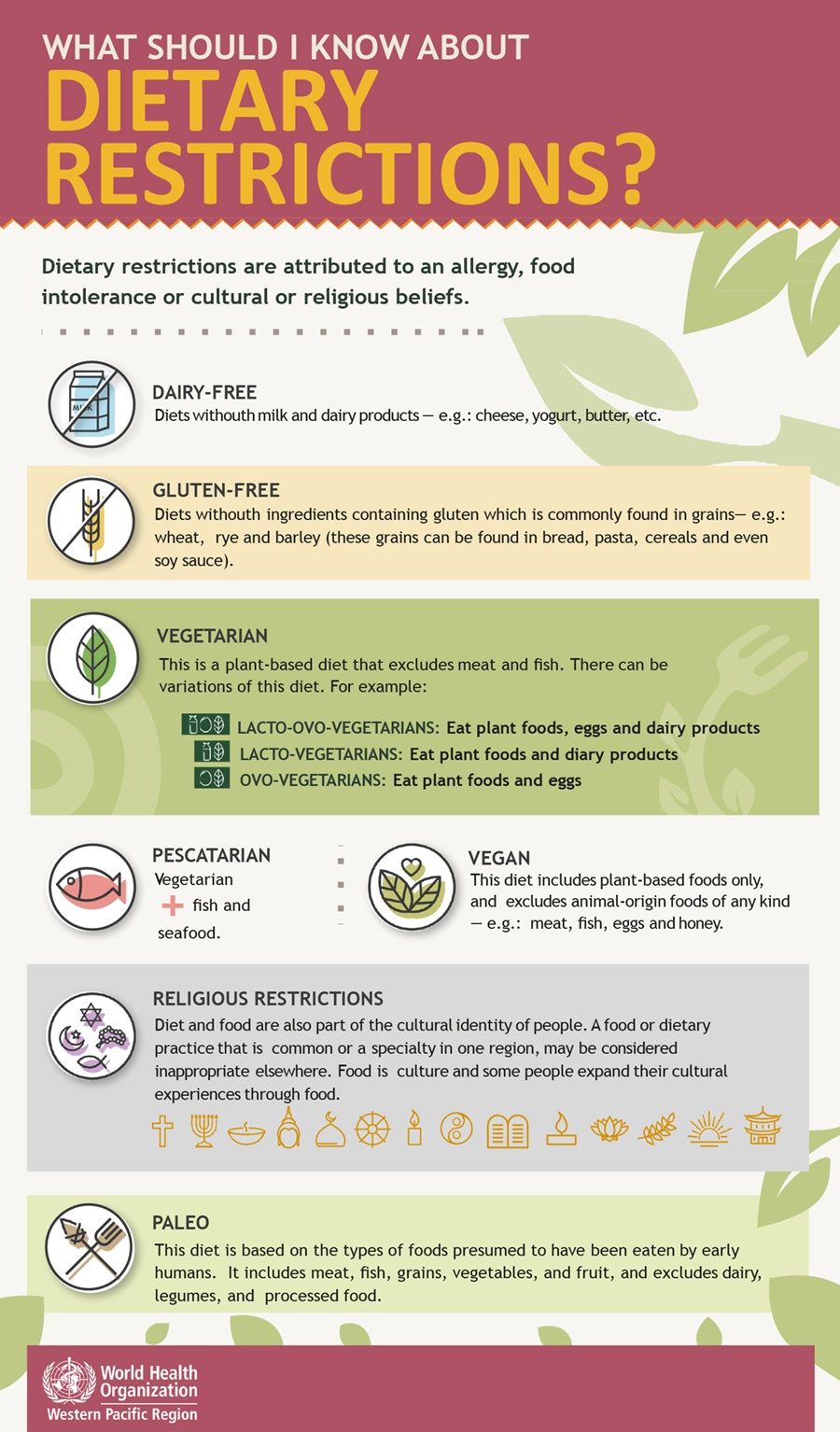The Role of Food Service Managers in Creating a Safe and Healthy Work Environment
As food service managers, one of the most important roles is to create a safe and healthy working environment for all employees. This can be accomplished through a variety of initiatives, from promoting good nutrition, providing ongoing safety training, implementing safety protocols and emphasizing proper sanitation. Doing so can help protect employees from potential food-borne illnesses, as well as contribute to a positive work environment that encourages productivity and job satisfaction.Good Nutrition
Food service managers should strive to promote the consumption of nutritious foods among their employees. Eating a balanced diet can help sustain workers' energy levels throughout the day, leading to increased productivity and morale. Employees who feel energized and satisfied at work will be more engaged in their tasks, ultimately boosting overall workplace performance.
Healthy eating begins with proper nutrition education and easy access to affordable and nutritious foods. Food service managers can develop a nutritious menu that includes options such as lean proteins, whole grains, fruits and vegetables. Additionally, managers can provide samples and offer healthy recipes or tips to employees to encourage employees to make healthier dietary choices.
Safety Training
Creating a safe and healthy work environment also involves providing staff with safety training program. Food safety training programs should be tailored to the specific needs of a particular business. Training should cover topics such as personal hygiene, safe storage and handling of food, proper labeling and cleanliness, and prevention of cross-contamination. It is also important to regularly review safety protocols and ensure that employees are aware of any changes that have been implemented.
In addition to food safety, it is important to provide employees with additional safety training such as fire safety, emergency plans and procedure, safe lifting techniques, and use of appropriate equipment. By offering ongoing safety training, food service managers can ensure that staff members are properly educated on expected safety protocols and prepared in the event of an emergency.
Implementing Safety Protocols
A key part of creating a safe and healthy work environment involves developing effective safety protocols and having a system in place to monitor adherence. For example, food service managers should regularly inspect facilities and equipment to identify any potential safety hazards. In addition, food service managers should establish safe work practices to minimize worker exposure to hazardous materials, such as using proper tools and protective equipment when handling hot surfaces.
Additionally, food service managers should consider implementing a color-coded system for storing and organizing food. This system can help prevent cross-contamination, reduce the amount of wasted food and improve the overall efficiency of food preparation.
Emphasizing Proper Sanitation
Another important factor in creating a safe and healthy work environment is proper sanitation. Food service managers should ensure that all areas where food is handled and stored are maintained in a clean and sanitized condition. Employees should also be mindful of proper handwashing techniques and understand the importance of avoiding contact with potentially contaminated surfaces or objects.
In addition to sanitary food handling practices, it is critical to ensure that all employees are aware of the need to dispose of waste materials properly. Improper disposal of waste can contaminate other areas and increase the risk of food-borne illness. Food service managers should also train employees on the proper cleaning and sanitizing of all surfaces and kitchen equipment.
Conclusion
Creating a safe and healthy work environment is essential to the success of any food service business. Food service managers play an important role in achieving this goal by promoting good nutrition, providing ongoing safety training, implementing safety protocols and emphasizing proper sanitation. By taking the necessary steps to educate staff and ensure that safety protocols are followed, food service managers can ensure that employees are protected from potential food-related hazards.












